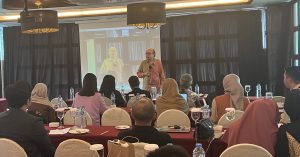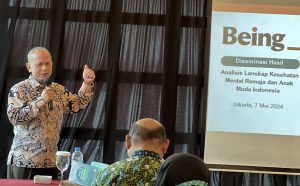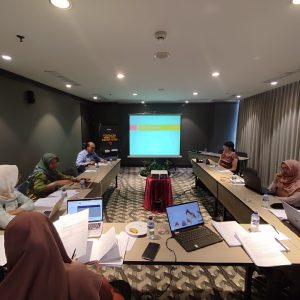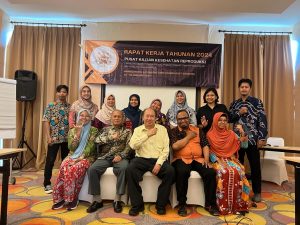


In a groundbreaking initiative led by Center for Reproductive Health, Faculty of Medicine, Public Health, and Nursing, Universitas Gadjah Mada aimed at understanding the mental health landscape among Indonesian adolescents, the Indonesian Being Landscape Analysis was launched to reveal critical insights into the challenges faced by youth in the country. The research findings shed light on prevalent mental health issues, major determinants of mental health and well-being, and the urgent need for intersectoral and multifaceted interventions. Indonesia, as one of 13 priority countries, received full support from Grand Challenges Canada (GCC) through its collaboration with Shifa Tameer-e-Millat University.
The Indonesian Being Youth Mental Health Landscape Analysis uncovered a range of key messages, painting a comprehensive picture of the state of youth mental health in Indonesia:
- High Prevalence of Mental Health Disorders: The research highlighted a concerning prevalence of mental health disorders among Indonesian adolescents, including anxiety, depression, aggressive behavior, non-suicidal self-injury, addiction, loneliness, as well as suicidal behavior.
- Major Drivers of Mental Health: Adverse childhood experiences (ACEs), family dynamics, mental health literacy and coping mechanisms, stigma and discrimination, bullying, gender norms, climate change, and natural disasters were identified as key drivers affecting adolescent mental health.
- Critical Strategies to Tackle Challenges: Addressing these challenges requires a multifaceted approach, incorporating critical strategies to ensure effective intervention and support for Indonesian adolescents. Strategies include public and private sector engagement, academic collaborations, task-sharing and task-shifting, and knowledge sharing.
The dissemination of the Indonesian Being Youth Mental Health Landscape Analysis underscored the urgent need for action to address youth mental health in Indonesia. This event was held in Jakarta on May 7, 2024, and attended by relevant stakeholders, including ministries and agencies, non-governmental organizations (NGOs), civil society organizations (CSOs), healthcare workers, and academics, both directly or online via Zoom.
In addition to the dissemination of research findings, the event also included calls for proposals aimed at soliciting innovative solutions and interventions to address youth mental health challenges in Indonesia. Stakeholders were encouraged to submit proposals for projects focused on prevention, promotion, and support services tailored to the unique needs of Indonesian youth mental health ecosystem. More information on how you can contribute can be found here.
The launch of the Indonesian Being Youth Mental Health Landscape Analysis represents a significant step forward in addressing the complex challenges surrounding adolescent mental health in Indonesia aligning with the commitment to advancing Sustainable Development Goals 3 (Good Health and Well-being, 5 (Gender Equality), and 17 (Partnerships for the Goals). By disseminating research findings and advocating for evidence-based interventions, stakeholders can work together to create a more supportive and inclusive environment for Indonesian youth to thrive mentally and emotionally.
Download the full report on Being’s website: Mapping Youth Mental Health Landscapes: Local Insights from 13 Countries
Reported by: dr. Bianda Dwida Pramudita, M.Sc.
Keyword(s): mental health, wellbeing, adolescent, gender equality, partnerships for the goals, SDGs,




